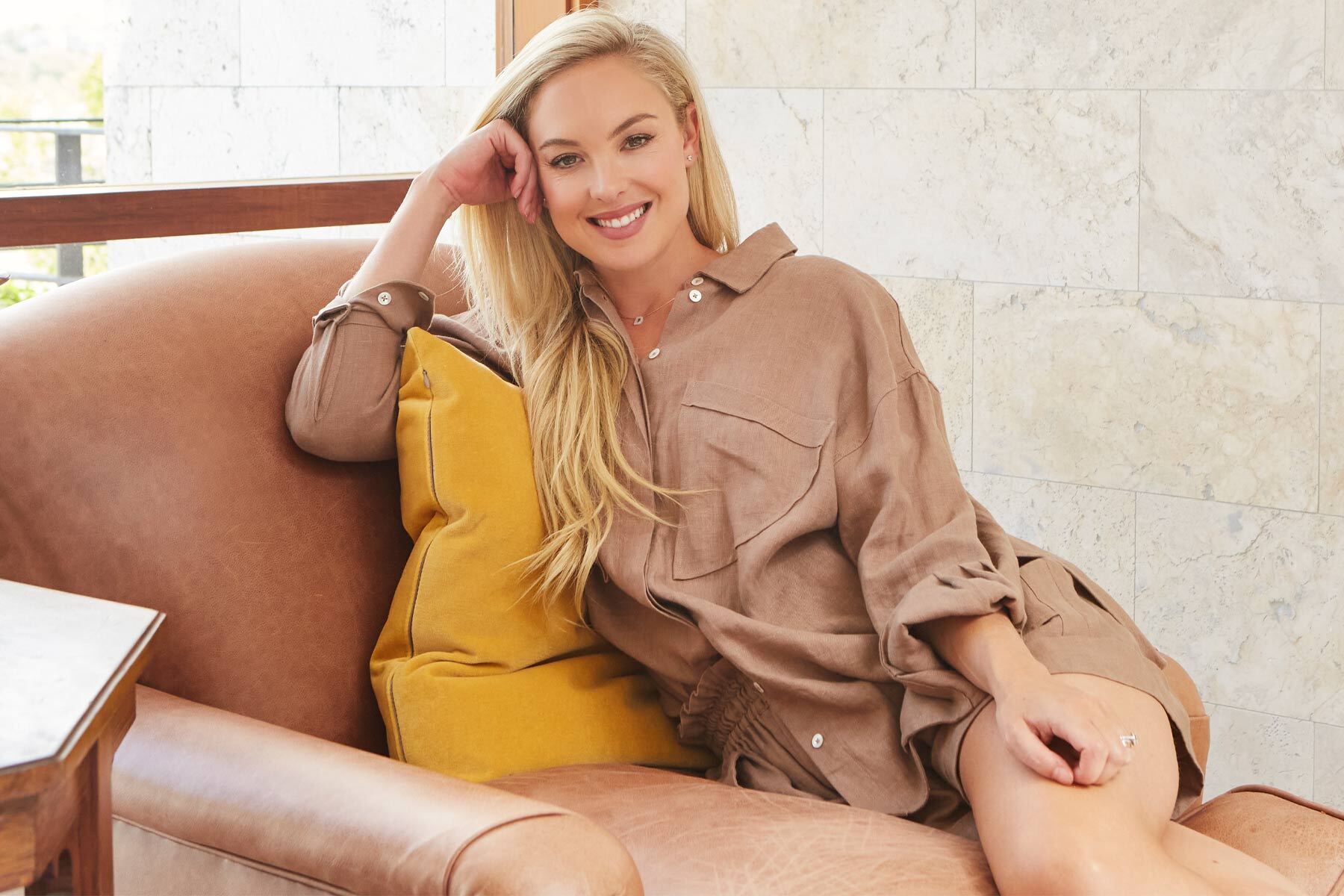According to Harvard’s T.H. Chan School of Public Health, 9% of the U.S. population — about 28.8 million people — will suffer from an eating disorder in their lifetime.
Even though this is already a horrific number, it only accounts for diagnosable illnesses like bulimia nervosa, anorexia nervosa, or binge-eating disorder.
When you bring disordered eating into the conversation — negative behaviors that often prove to be precursors to eating disorders — the numbers skyrocket.
A survey by Self magazine in partnership with the University of North Carolina at Chapel Hill suggests that sixty-five percent of American women between ages 25 and 45 report disordered eating behaviors.
According to the survey, this means they “endorsed unhealthy thoughts, feelings or behaviors related to food or their bodies.”
Again, these disordered behaviors often lead to more progressed eating disorders. They shouldn’t be taken lightly given their possible end results.
“Eating disorders are very destructive because they can essentially impact every system of the body, making them both physically and mentally depleting,” explains Beachbody Nutrition Manager Natalie Welch, M.S., R.D.N. “Depending on the type of eating disorder, everything from the cardiovascular system to the endocrine system can be affected.”
More people die from eating disorders than any other mental illness, with 10,200 deaths due to eating disorders each year, according to the aforementioned Harvard report.
Some of the physical signs that a person may have an eating disorder include: significant fluctuations in weight, irregular bowel habits, fainting, and changes in skin or hair.
Behavioral signs include preoccupation with weight, calories, or carbs to the point that it becomes a priority over other activities; preoccupation with body size or shape; severe food restriction; or withdrawing from food-related social activities.
Excessive exercise can also be a behavior related to eating disorders.
For a more complete list, please read this Cleveland Clinic article.
Also, if you or a loved one is exhibiting these behaviors, please bring it to the attention of a medical professional.
At Beachbody, our goal is to help people lead healthier, more productive lives.
We encourage you to focus on nutritious foods and exercise regularly and, yes, we want you to feel good about who you see in the mirror.
We do everything we can to help you accomplish this in a safe, sustainable fashion, so if you find that either you or someone you care about is showing signs of having an unhealthy relationship with their bodies, food, or exercise, here are some resources we hope can help.
National Eating Disorders Association (NEDA)
If you’re seeking more information about eating disorders, you might start with the National Eating Disorders Association (NEDA) website.
Here you’ll find general information, a screening tool, and free or low-cost support.
“This is a good place to start if you don’t necessarily feel you have a disorder, but you just feel that you don’t have a good relationship with food,” says Beachbody Nutrition Manager Krista Maguire, R.D., C.S.S.D. “It gives you resources to explore and determine your situation.”
“Also, if you have a friend or a loved one you’re concerned about, you can use this resource to print out material to show them,” Maguire adds.
Academy of Nutrition and Dietetics
Finding the right group of experts to help you — they’re called your interdisciplinary team — is important.
Your health care provider can help you sort out counseling or therapy.
You can find a qualified Registered Dietitian (RD) using the Academy of Nutrition and Dietetics “Find an Expert” tool.
After you’ve entered your zip code, make sure to click on the “Specialty” drop-down menu and select “Eating Disorders.”
Credentials such as Certified Eating Disorders Specialist (CEDS) or Certified Eating Disorders Registered Dietitian (CEDRD) will guarantee the person is an expert in the field, but you don’t need to limit your search.
Many RDs without this credential are still trained on the topic.
“I would say finding a Registered Dietitian who specializes in eating disorders and working with them one-on-one is the most effective place to start,” Welch says, “This, coordinated with therapy and care with a primary physician is the best method for treatment.”
“Personal attention is important because everyone is unique,” adds Maguire, “This resource can help you find someone to address your specific trigger or issue.”
National Association of Anorexia Nervosa and Associated Disorders (ANAD)
If you’re looking for support for a specific population (LGBTQ+, Older Adults, Larger Bodies, etc.), the National Association of Anorexia Nervosa and Associated Disorders (ANAD) website offers a wide variety of support groups.
Having a sense of community can be a huge support for individuals suffering from an eating disorder, explains Welch.
“Being able to come together and share stories, struggles, triumphs, etc. with others who are experiencing something similar to you can be empowering,” she adds.
Recovery Record
The app Recovery Record is an ideal companion for your recovery journey.
Featuring food logs, meal plans, thoughts, coping tactics, charts, and other tools, it can function for self-help or as a communication tool between appointments to converse with your treatment team.
For example, your nutritionist can review your food log and provide feedback or your psychologist can share notes from your recent session.
“If you are seeing a therapist or an RD, they can communicate with you through this hub,” says Maguire. “Your whole treatment team can use it to manage your road to recovery.”
Eating Disorder Hope
Finally, if none of these resources speak to you, the Eating Disorder Hope website offers an exhaustive list of additional eating disorder support resources.
Recovering from an eating disorder or changing the course of disordered eating is a challenge that needn’t be done alone – and to truly recover, it takes a team effort.
If you or someone you care about may have an issue, find a resource on this list that speaks to you and bring your healthcare provider into the conversation.





My spouse and I stumbled over here from a different web page and thought I should
check things out. I like what I see so now i’m
following you. Look forward to looking over your web page for a second time.
We’re a group of volunteers and opening a new scheme in our community.
Your web site offered us with valuable info to
work on. You have done an impressive job and our whole community
will be thankful to you.